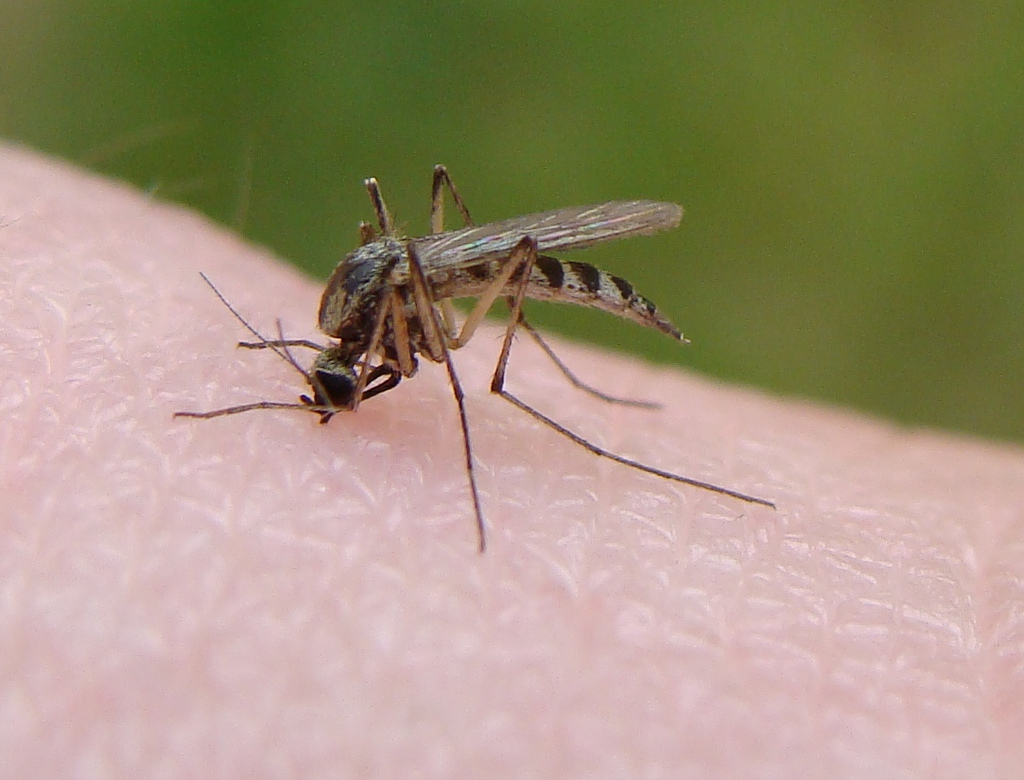 View Winners →
View Winners → 
Los Angeles County confirmed the year’s first case of West Nile virus Tuesday, noting that the patient was hospitalized but is recovering.
The patient was identified only as a South Bay resident who was hospitalized in late July.
“We all have to take steps to prevent West Nile virus infections,” county Health Officer Dr. Muntu Davis said in a statement. “Spread by mosquitoes, this virus is the leading cause of mosquito-borne disease in the continental United States. There are no vaccines to prevent or medications to treat WNV in people. Mosquitoes bite during the day and night. So, once a week empty and scrub, turn over, cover or throw out items that hold water, both indoors and outdoors. This stops mosquitoes from laying eggs in or near water.”
Because there is no human vaccine for West Nile virus, residents are urged to be proactive against mosquito bites by wearing insect repellent. The U.S. Centers for Disease Control and Prevention recommend products with the active ingredients DEET, Picaridin, IR3535, or oil of lemon eucalyptus as being safe and effective against mosquitoes that can transmit disease when used according to the labels.
One in five people infected with the virus will exhibit symptoms, which can include fever, headache, body aches, nausea or a skin rash, that can last for several days to months. Severe symptoms include high fever, muscle weakness, neck stiffness, coma, paralysis and possibly death. One in 150 people infected with the virus will require hospitalization.
County and vector-control officials urge residents to take an active role in reducing the threat of WNV in their neighborhoods by:
- eliminating standing water in clogged rain gutters, rain barrels, discarded tires, buckets, watering troughs or anything that holds water for more than a week;
- ensuring that swimming pools, spas, and ponds are properly maintained;
- changing the water in pet dishes, bird baths and other small containers weekly;
- requesting mosquitofish from your local vector control district for placement in ornamental ponds; and
- wearing EPA-recommended insect repellent when outdoors where mosquitoes may be present; and
- reporting neglected (green) swimming pools in your neighborhood to your vector control district.






































































































